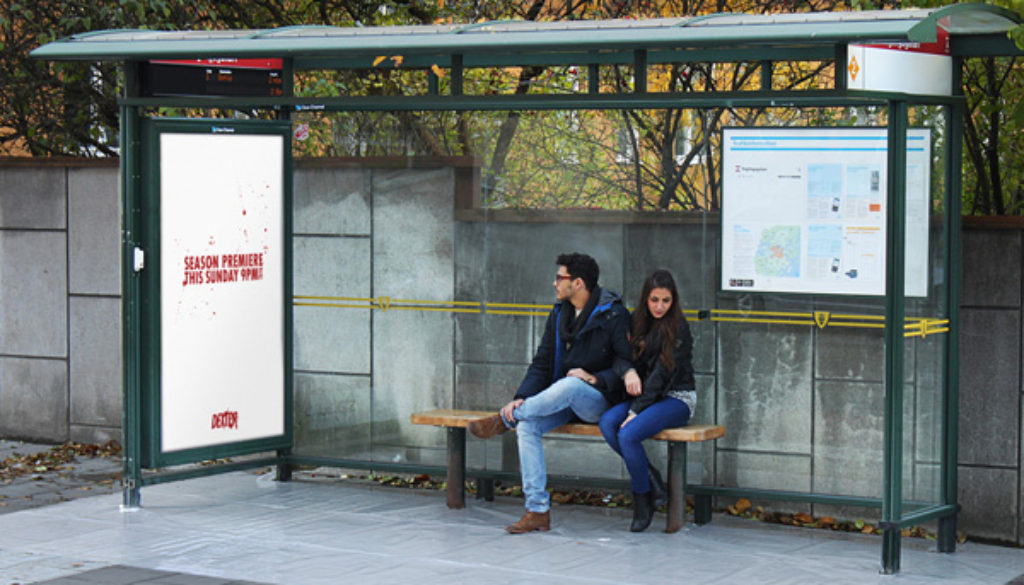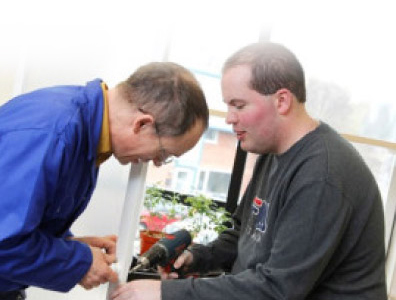Travelling with Learning Disabilities
Ever since 2001 and the publishing of the Government’s white paper, there has been a large increase in giving people with learning disabilities more independence, rights and choices which can lead to not only equality but also social inclusion.
Why Transport is Important
Transport is important as it allows you to go to places in your own time and needs. Transport services also help people to live more independently and gives them more control over their own lives, this is definitely the case for those who live in rural areas. There are, however, several barriers which prevent people with learning disabilities from using public transport.
Mainstream Transport
In 2007 there was research done for the Disability Rights Commission. They discovered that one in four disabled people felt like their confidence lacked when they were using public transport. People with mental, rather than physical, disabilities were with the group of more nervous and concerned for using public transport. There was a high number of the same reasons as to why they weren’t using or avoiding public transport.
Disabled people feel as though there is a guise of travel information. It is suggested that the travel information is presented in a difficult way to understand for people with learning disabilities to understand. People with learning disabilities also feel as though the travel staff lack the knowledge and appreciation for the problems which are faced by people with learning disabilities. In addition to the above, there was also a concern for their personal safety. They feel as though they are vulnerable to attacks such as muggings and forms of harassment.
What is being done?
It often feels like there is a lack of training and support for people with learning disabilities to use transport services. There is also a feeling of the financial cost of public transport can be too high. This is recognised by the Government that disabled and people with learning disabilities can struggle to use public services. One of the proposed solutions is to push and improve the links between local authorities, transport planners and transport providers.
Linking up local authorities and self-advocacy groups can mean that new and existing local authorities and self-advocacy groups can mean that new and existing transport schemes can be designed in a more flexible way. One proposal is that local authorities are making improvements to route maps and timetables. ‘Travel Buddies’ is another idea proposed, this means that a ‘travel buddy’ would assist people with learning disabilities to help them to gain more confidence in using transport services.
The Government is staying on top of these needs and applies a greater emphasis on training to equip transport customer service staff with all the right skills to help people with learning disabilities. This has been said to extend to taxi and bus drivers. Even though these proposals are not evident in all local authorities, there are small but significant steps being taken across the country. This is to modernise transport services and discourage social exclusion.
Here at Skills Tank we have invested in 2 minibuses to help our service users gain access to our provision and we work with a small group of ‘approved’ taxi companies that understand and are sympathetic to adults with learning difficulties/learning disabilities, behaviour that challenges, mental health, brain injuries and autism.
If you have, are close to an adult with learning difficulties/disabilities, autism, mental health and behaviours that challenge and you want them to live and learn for a better future please visit www.skillstank.co.uk or call 0121 308 6555 and ask for Wayne-thank you




